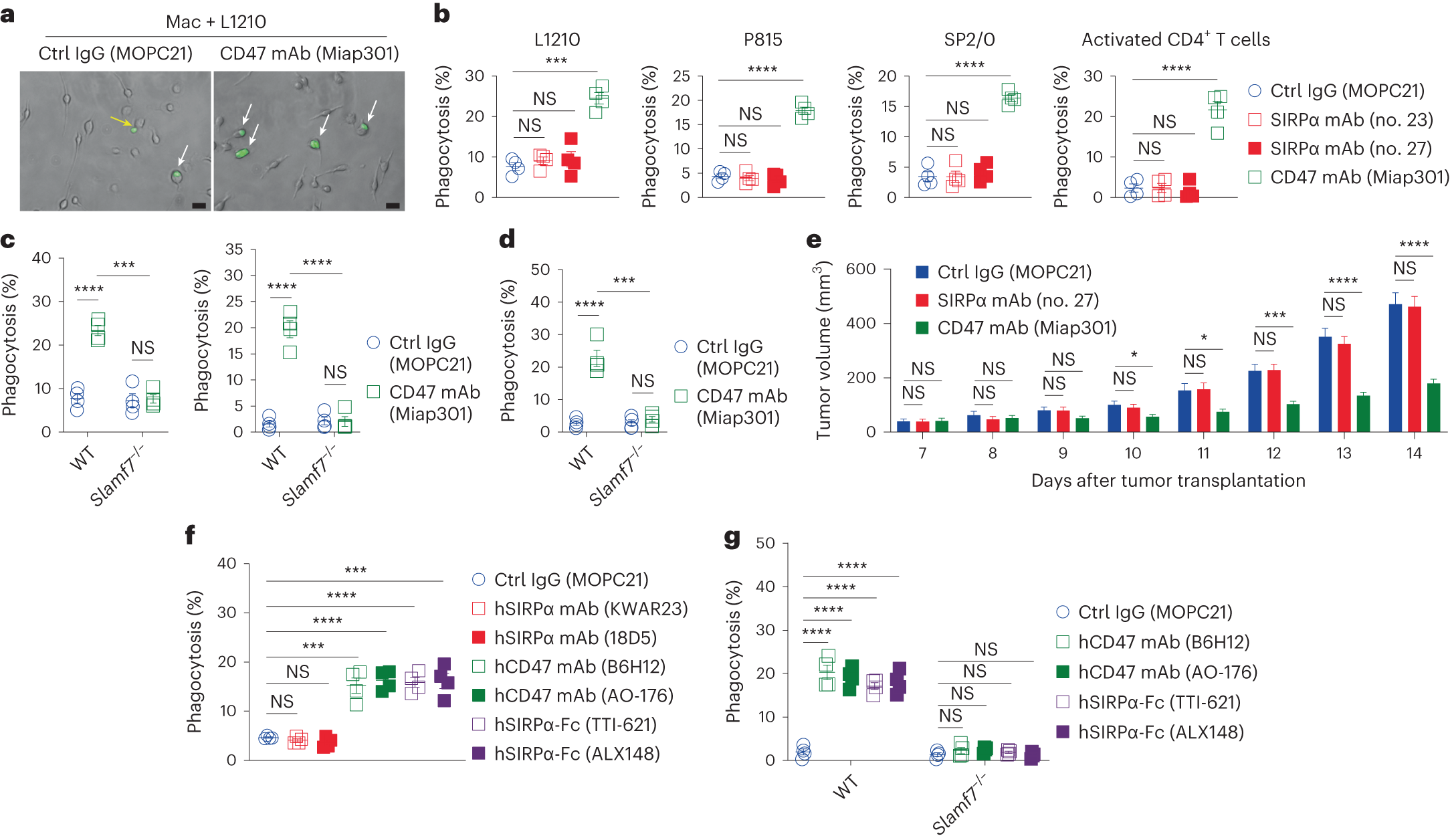Cancer cells often overexpress CD47, which induces the expression of the inhibitory receptor SIRPα on macrophages, thereby allowing them to evade phagocytosis and antitumor immunity. Pharmacological blockade of CD47 or SIRPα has shown potential in cancer therapy, despite the association of CD47 blockade with hematological toxicity, reflecting its widespread expression on normal cells. A recent study published in the international journal Nature Immunology, titled “CD47 masks pro-phagocytic ligands in cis on tumor cells to suppress antitumor immunity,” by scientists from the Montreal Clinical Research Institute and others, has identified a previously unknown molecular mechanism by which phagocytosis, a process that can trigger the immune system’s response to cancer, is blocked.

Macrophages, a unique type of immune system cell, have the role of ingesting defective or dangerous cells, such as cancer cells, in a process known as phagocytosis. Macrophages can be mobilized to eliminate cancer cells from the organism, but this capability is often impaired because cancer cells can put macrophages into a dormant state. This is partly because a special molecule called CD47 is typically overexpressed on cancer cells, which blocks phagocytosis by inducing a receptor molecule on macrophages called SIRPα. Drugs that block CD47’s ability to induce SIRPα have shown very promising results in cancer treatment.
Researchers have now identified a previously unknown way in which CD47 blocks phagocytosis. They discovered that CD47 can also block a molecule called SLAMF7 on blood cancer cells, such as multiple myeloma and lymphoma. Consequently, the researchers developed a new type of antibody named Z10, which can release SLAMF7 from CD47, thereby enhancing the elimination of tumor cells. When combined with other agents, Z10 can efficiently combat cancer cells expressing SLAMF7, at least in mice.
Cancer remains a leading cause of death among Canadians, with an estimated two in five Canadians being diagnosed with cancer in their lifetime and about a quarter dying from the disease. Therefore, the battle against cancer often unfolds on multiple fronts, and a deeper understanding of the role the immune system plays in the growth of cancer cells may be a key component of this fight. The research data suggest that Z10 represents a novel and effective therapy against human cancers expressing SLAMF7, including multiple myeloma and lymphoma. Currently, researchers are conducting joint studies to test the therapeutic effects of Z10 in clinical trials.
In summary, the study’s findings indicate that CD47 can suppress phagocytosis not only by binding with SIRPα but also by masking pro-phagocytic ligands on tumor cells, which could influence decision-making in the therapeutic targeting of CD47 or SIRPα blockade.
Reference
1. Tang, Zhenghai, et al. “CD47 masks pro-phagocytic ligands in cis on tumor cells to suppress antitumor immunity.” Nature Immunology 24.12 (2023): 2032-2041.
